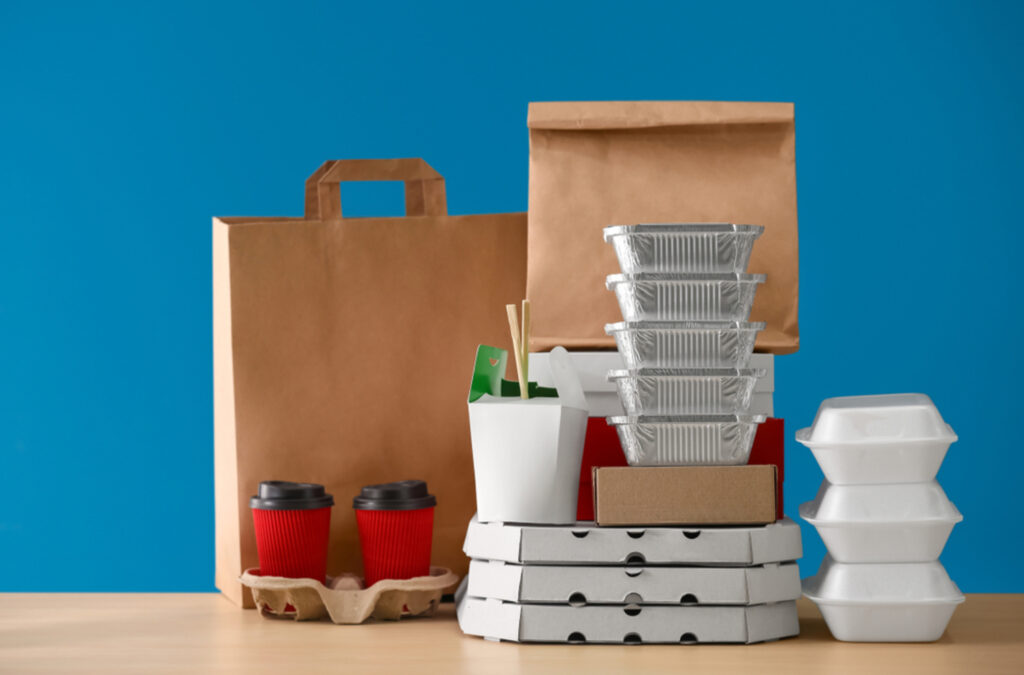7 Revolutionary Recycling Ideas That Can Transform Earth In The Next 50 Years
There is a great amount of research around bringing futuristic recycling ideas to life. Governments around the world have started educating their citizens about the impending danger, global contamination.
We, as a community, have started developing solutions to counteract the current situation. We’ve begun to adopt environment-friendly products over their counterparts. But the real question is, is this pace enough to reverse the damages that we’ve caused already?
Can we survive the harsh outcomes of prolonged use of non-biodegradable compounds? Long story short, Yes. Science has always had an answer for everything and this isn’t an exception. Let’s discuss some of the futuristic recycling ideas that are currently in use.
1. Domestic Methane Production
Next time you throw your food scraps into the trash can, stop and think. What if you can convert it to fuel to power up your cooking appliances, water heater and dryer? Pretty cool right?
By installing a domestic methane plant, you can convert your organic waste into compost. This process releases methane as a by-product that you can use as fuel.
2. Recycled Wall Insulation

Do you know that recycled denim jeans are being used to insulate homes? And understandably, that isn’t the only sustainable choice for home insulation. Things like empty potato bags can take up to a century to decompose completely.
But you can shred them and use them to insulate your homes. Apart from being effective for home insulation, they are also economical when compared to the traditional options.
3. Bacterial Plastic Breakdown
Bacteria can do a lot of great things for their size. They help your body digest food but can also be a source of infection. Surprisingly, research has found a way to use bacteria to digest plastic.
Using this technology, we’ll be able to break down plastic shopping bags and packaging in the future. As a result, we get biomass fertilizers and CO2.
4. Degradable Food Packaging

The food packaging industry is revolutionizing the world as we know it. There are certain food wraps that turn colours to indicate if the food is too warm or spoiled. There’s also another category of food wraps that won’t stay and clog the ecosystem.
Food packaging is now being made with crushed cardboard, dried leaves, nutshells and wood scrap. All of these are sustainable in the long run and help us save the planet.
5. Recycled Rubber For Laying Down Roads
Rubber can actually replace asphalt in a few years. It’s not that rubber is eco-friendly, but recycling our rubber resources can mitigate its harmful effects.
And guess what, replacing asphalt with rubber can reduce road noise by up to 12 decibels. A mix of recycled plastic and rubber can reduce the costs of laying new roads even further. We can use up to 150,000 plastic bottles to lay just one mile of pavement.
6. Zero Waste Stores

“Zero Waste Stores” are being set up all around the globe. Imagine going to a shop carrying your own bag or container, buying things in bulk, and filling it again when it’s empty.
This process involves no reusing or recycling plastic bags. All we have to do is to overcome the addiction we have towards buying food that’s wrapped with glossy plastic packaging.
7. Smart & Automated Trash Sorting
No matter how hard the government tries to educate us about sorting the trash, most of us don’t. But robots can be programmed to sort trash based on their level of degradation.
It can also separate recyclable items from the rest. In the near future, we can dispose of all our garbage into a common slot and robots would handle the sorting for us.
Conclusion
Most of these ideas might sound a little far-fetched. Some could’ve even sounded imaginary. But almost all of them are in some way being implemented around the earth. No matter how expensive they are, it is imperative that we adopt them as early as we can.
If you are unable to do so, there’s something else you can do. Change one habit at a time. Carry a jute or cloth bag with you next time you go grocery shopping. Dispose of the plastic bags carefully inside the bin that’s marked “Non-Biodegradable”. These add up over time. We got this!




